Virtue alone has majesty in death
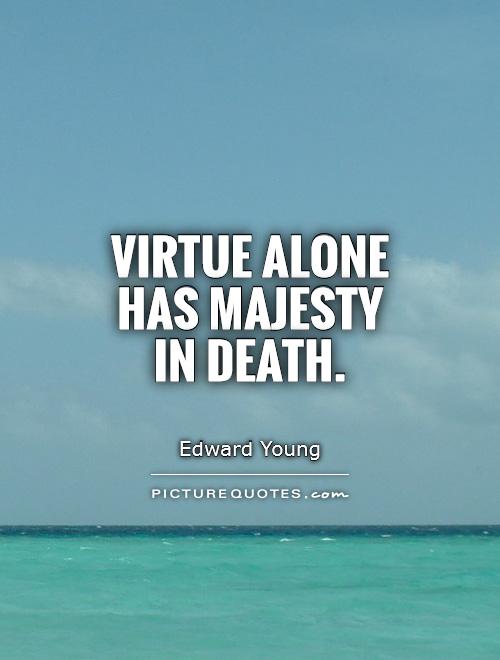
Virtue alone has majesty in death
Edward Young was an English poet and playwright who is best known for his work "Night Thoughts," a series of poems that explore themes of death, mortality, and the afterlife. In this context, the phrase "Virtue alone has majesty in death" takes on a profound significance.Young believed that true virtue is the only thing that can give a person dignity and honor in death. In a world where material wealth and power often dictate a person's status and reputation, Young argued that it is ultimately one's character and moral integrity that truly matter in the end. In death, all earthly possessions and titles are stripped away, leaving only the essence of a person's soul. It is in this moment of ultimate vulnerability and truth that virtue shines brightest.
Young's words remind us that death is the great equalizer, leveling the playing field for all humanity. No matter how rich or powerful a person may be in life, they will ultimately face the same fate as everyone else. In the face of death, it is not wealth or status that matters, but the goodness of one's heart and the purity of one's intentions.
The idea that virtue alone has majesty in death is a powerful reminder of the importance of living a life of integrity and honor. It challenges us to consider what kind of legacy we want to leave behind and how we want to be remembered by those we leave behind. In a world that often values success and achievement above all else, Young's words serve as a poignant reminder that true greatness lies in the goodness of one's character.
Ultimately, Young's message is a call to live a life of virtue and moral excellence, not for the sake of recognition or reward, but for the sake of our own souls. In the end, it is not the material trappings of success that will define us, but the goodness and virtue that we embody in our lives.
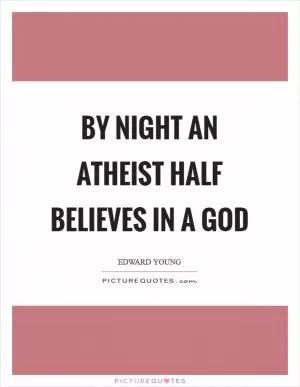



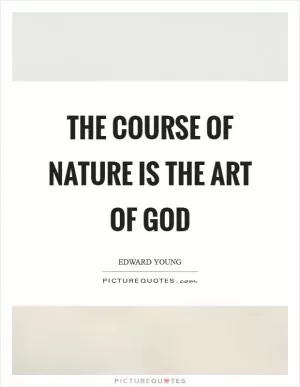

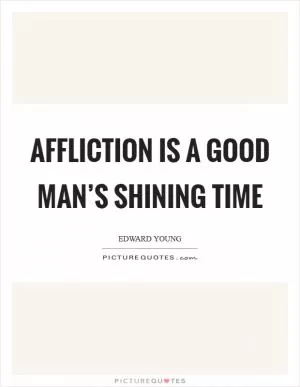

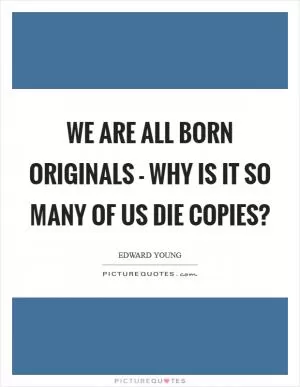



 Friendship Quotes
Friendship Quotes Love Quotes
Love Quotes Life Quotes
Life Quotes Funny Quotes
Funny Quotes Motivational Quotes
Motivational Quotes Inspirational Quotes
Inspirational Quotes